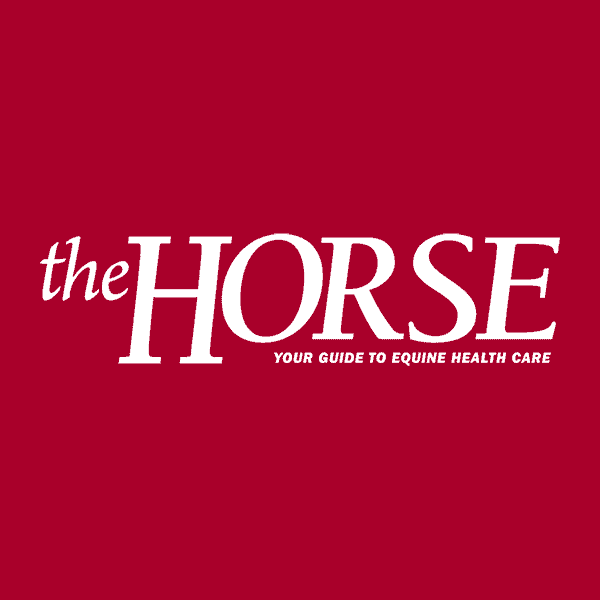Preliminary Results Released in MRLS Caterpillar Study
The University of Kentucky (UK) College of Agriculture has released preliminary results from a collaborative project involving the departments of entomology, veterinary science and the livestock disease diagnostic center. Early results from this
The University of Kentucky (UK) College of Agriculture has released preliminary results from a collaborative project involving the departments of entomology, veterinary science and the livestock disease diagnostic center. Early results from this ongoing research project show elevated levels of fetal loss in mares exposed to both the eastern tent caterpillar (ETC) and the caterpillar’s waste, which is called frass.
University of Kentucky researchers emphasize that these experimental preliminary results apply only to this project. This experimental trial is in no way expected to be a predictor of the extent of MRLS that may be observed on farms this year.
An intensive survey of horse farms last year by scientists at UK’s Gluck Equine Research Center found a strong association between the presence of eastern tent caterpillar and the incidence of MRLS. This ETC-MRLS research project was designed to determine if this association was simply a correlation, or if tent caterpillars were causally associated with MRLS. This trial is ongoing.
The experiment involved 29 pregnant mares which were separated into three experimental treatment groups. In the first group mares were exposed for six hours each day to increasingly high levels of ETC and their frass. In the second group mares were exposed only to the insect’s frass. In the third group, called the control group, mares were handled identically to the experimental treatments but received as little exposure to ETC larvae or frass as possible. Mares were on pasture only, not hay
Create a free account with TheHorse.com to view this content.
TheHorse.com is home to thousands of free articles about horse health care. In order to access some of our exclusive free content, you must be signed into TheHorse.com.
Start your free account today!
Already have an account?
and continue reading.

Written by:
The Horse Staff
Related Articles
Stay on top of the most recent Horse Health news with












